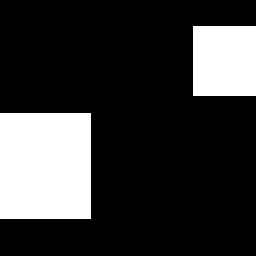PTP-Synchronized Tri-Level Sync Generation for Networked Multi-Sensor Systems
- authored by
- Christoph Riggers, Jens Schleusner, Oliver Renke, Holger Blume
- Abstract
Synchronization of sensor devices is crucial for concurrent data acquisition. Numerous protocols have emerged for this task, and for some multi-sensor setups to operate synchronized, a conversion between deployed protocols is needed. This paper presents a bare-metal implementation of a Tri- Level Sync signal generator on a microcontroller unit (MCU) synchronized to a master clock via the IEEE 1588 Precision Time Protocol (PTP). Cameras can be synchronized by locking their frame generators to the Tri-Level Sync signal. As this synchronization depends on a stable analog signal, a careful design of the signal generation based on a PTP-managed clock is required. The limited tolerance of a camera to clock frequency adjustments for continuous operations imposes rate-limits on the PTP-controller. Simulations using a software model demonstrate the resulting controller instabilities from rate-limiting. This problem is addressed by introducing a linear prediction mode to the controller, which estimates the realizable offset change during rate-limited frequency alignment. By adjusting the frequency in a timely manner, a large overshoot of the controller can be avoided. Additionally, a cascading controller design that decouples the PTP from the clock update rate proved to be advantageous to increase the camera's tolerable frequency change. This paper demonstrates that a MCU is a viable platform to perform PTP-synchronized Tri-Level Sync generation. Our open source implementation is available for use by the research community at github.com/IMS-AS-LUH/t41-tri-sync-ptp.
- Organisation(s)
-
Architectures and Systems Section
- Type
- Conference contribution
- Pages
- 91-96
- No. of pages
- 6
- Publication date
- 2024
- Publication status
- Published
- Peer reviewed
- Yes
- ASJC Scopus subject areas
- Information Systems and Management, Hardware and Architecture, Computer Networks and Communications, Computer Science Applications
- Electronic version(s)
-
https://doi.org/10.1109/rtcsa62462.2024.00022 (Access:
Closed)


